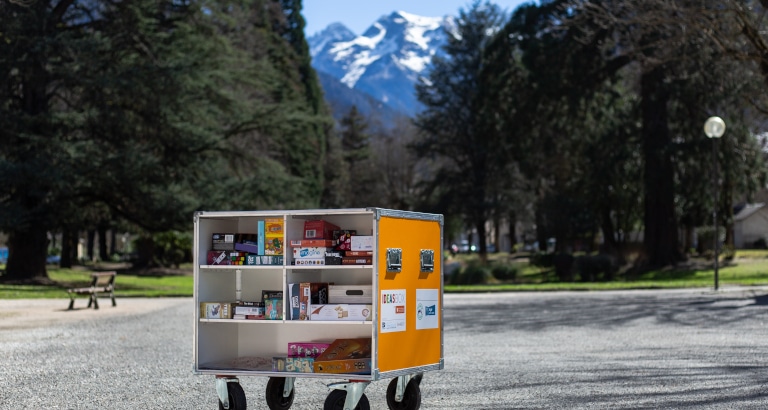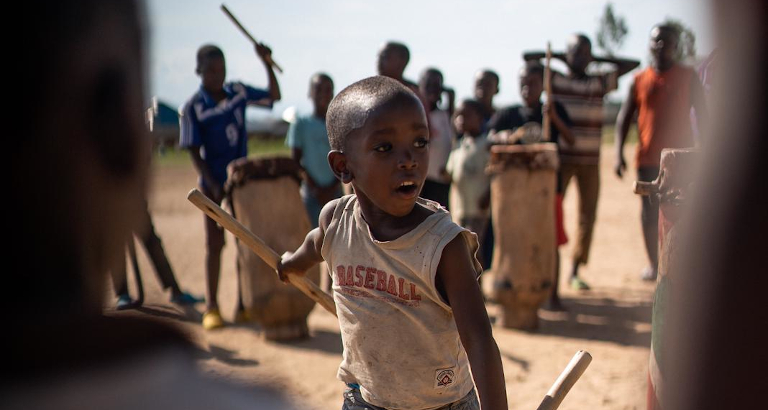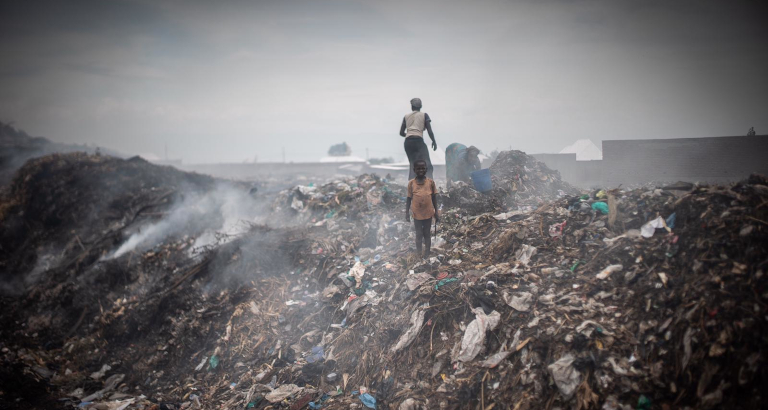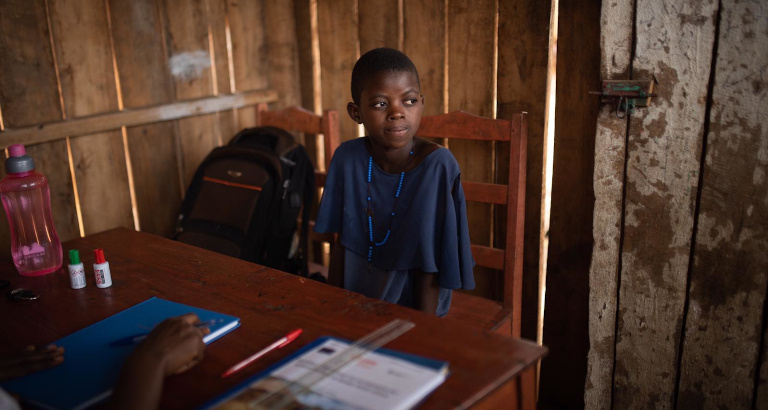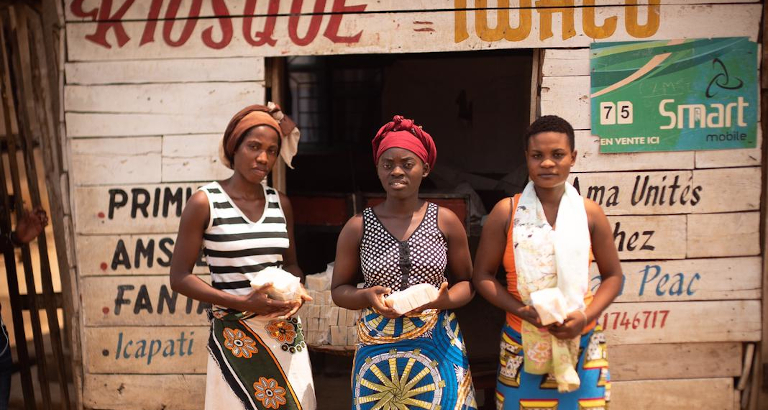In Burundi 400,000 children and adolescents do not have access to quality education, especially refugees those in poverty, and those displaced. Among them, 5,000 children are in situations of homelessness. This autumn our sponsor Augustin Trapenard will meet for a week – in the surrounding neighborhoods of Bujumbura – the young users of our Ideas Box kits. Each day our Ideas Box helps in their reintegration into their community, and gives them a taste of returning to school.
For five plus years we have worked in Burundi to promote access to education and information to vulnerable children. With the help of local child protection partners, like the Giriyuja association, we try to remedy the lack of schooling for homeless children in the surrounding neighborhoods of Bujumbura. Where, to them, the street is envisioned as a home, a refuge or a workplace. However, streets and schools are incompatible. The streets promote violence, pandering, drug trafficking and exploitation of vulnerable children.
“ It is important to distinguish “children on the streets” and “children from the street.” The first have a family, often big families, and return to their homes each evening. Many do not have the chance to go to school because, although it is free, school supplies and uniforms are not. So they spend their days outdoors, sometimes working to bring back food before dark. Hence the importance of also raising awareness and supporting these families towards actions of generating income. While the “ children from the street,” were born there. They grew up there, begging, stealing or trafficking. For them, the street is not part-time, it is a career. They live in the present, because tomorrow belongs to God. “ Wenceslas Nyabenda, Technical Director of the Giriyuja Association and Former Homeless Youth.
This is why we have installed, with our partner Giriyuja, two Ideas Box kits in the neighborhoods of Buterere and Kabondo in Bujumbura. Allowing more than 300 youths each day to have access to tools and learning content – selected and discussed in depth with our partners and local beneficiaries – in a safe space. It is a collection of books, computers, digital tablettes, games, and apps for learning both French and Kirundi. It also includes math and science exercises, coloring books, a television and cameras.
“These libraries are an oasis. They are places of refuge, relaxation, dreaming, resilience and reintegration. The principal goal from our mediators is to help these children move from “we” to “I,” to envision and imagine a trajectory and a future of their own. It is essential to value them, as actors in their own life.” he continues.
In allowing psychosocial assistants to easily identify vulnerable children to better help them towards re-entering school and psychological treatment, Ideas Box also are excellent tools for social cohesion. At the end of the day in the surrounding schools, in the middle of the afternoon, the students join homeless children to play on the digital tablets, watch television and play together with building blocks. On one side it is reintegrating them back into community, on the other it is deconstructing prejudices and mistrust.
Because emancipation also happens by creativity, several activities are organised each day by our mediators – for the most part, former homeless children themselves – and outside participants. From theater to dance, composing poems and slam poetry sessions. The heart of all this: resilience, self-esteem, and self-affirmation. Like the poem of Aboubakar, a 14 year old Burundian :
“The street was not always my home,
The pavement was not always my bed,
The police were not always my enemy.
Maybe tomorrow, the circumstances will change.
And I may help those who are like me today.”
This year, the Ideas Box kits of Buterere and Kabondo will allow the reintegration of 600 children and adolescents. Annociate, Eliane and Cynthia, for example, were trained in soap making and opened their own cooperative in the neighborhood of Busoro, in the periphery of Bujumbura. Not far from there, Ciza Amos has created a welding and foundry training center: “It’s from a book I found in the Ideas Box kit from Kabondo, where I often went, that gave me the desire to study. I dream now of creating my own business.”
Since 2007, Libraries Without Borders acts to bring knowledge to those who are deprived of it – from refugee camps in Bangladesh to rural areas in France – and make the access to culture a fundamental human right. In twelve years, our association has aided more than six million people in fifty countries.
